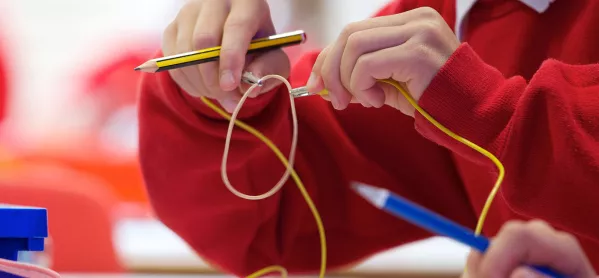What is formative assessment?
Formative assessment, also known as assessment for learning, is a method of assessing pupils while learning is happening rather than at the end of a topic or sequence of lessons (summative assessment).
Formative assessment can be conducted through a variety of methods, such as targeted questioning, exit questions and recap starter activities, or peer and self-assessment that promotes reflection and the sharing of knowledge.
It is integrated and ongoing, moving away from marks, grades and levels. A key principle of this style of assessment is that, in evaluating the comprehension levels and learning needs of students, teachers can amend and tailor their approach in future.
Where did it come from?
Formative and summative assessment are terms that have been common in education since the late-1960s.
However, formative assessment attracted fresh interest after Paul Black and Dylan Wiliam published their pioneering research, Inside the Black Box: raising standards through classroom assessment, in the late 1990s.
How is it used in schools?
Ideas surrounding formative assessment usually underpin many aspects of a school’s teaching and learning ethos, and their policies on assessment; a focus on sharing learning outcomes and success criteria with students, integrating mini-plenaries, or a whole-school approach to peer and self-assessment, for example.
Owing to the focus on continuous assessment, teachers can use the findings to build a picture of a class and groups of key students’ understanding and progress.
Timely intervention (on a classroom and department/whole-school level) can then take place and more meaningful revision can be planned for students.
Formative assessment is also useful for building students’ metacognitive awareness of how they learn and what they need to work on, which promotes greater responsibility and independence when it comes to learning.
Further reading:
Black P and Wiliam D (1998) Inside the Black Box: raising standards through classroom assessment. London: King’s College School of Education.
Black and Wiliams’ research: “Assessment and Classroom Learning”.
Black and Wiliams research: “Developing the Theory of Formative Assessment”.




